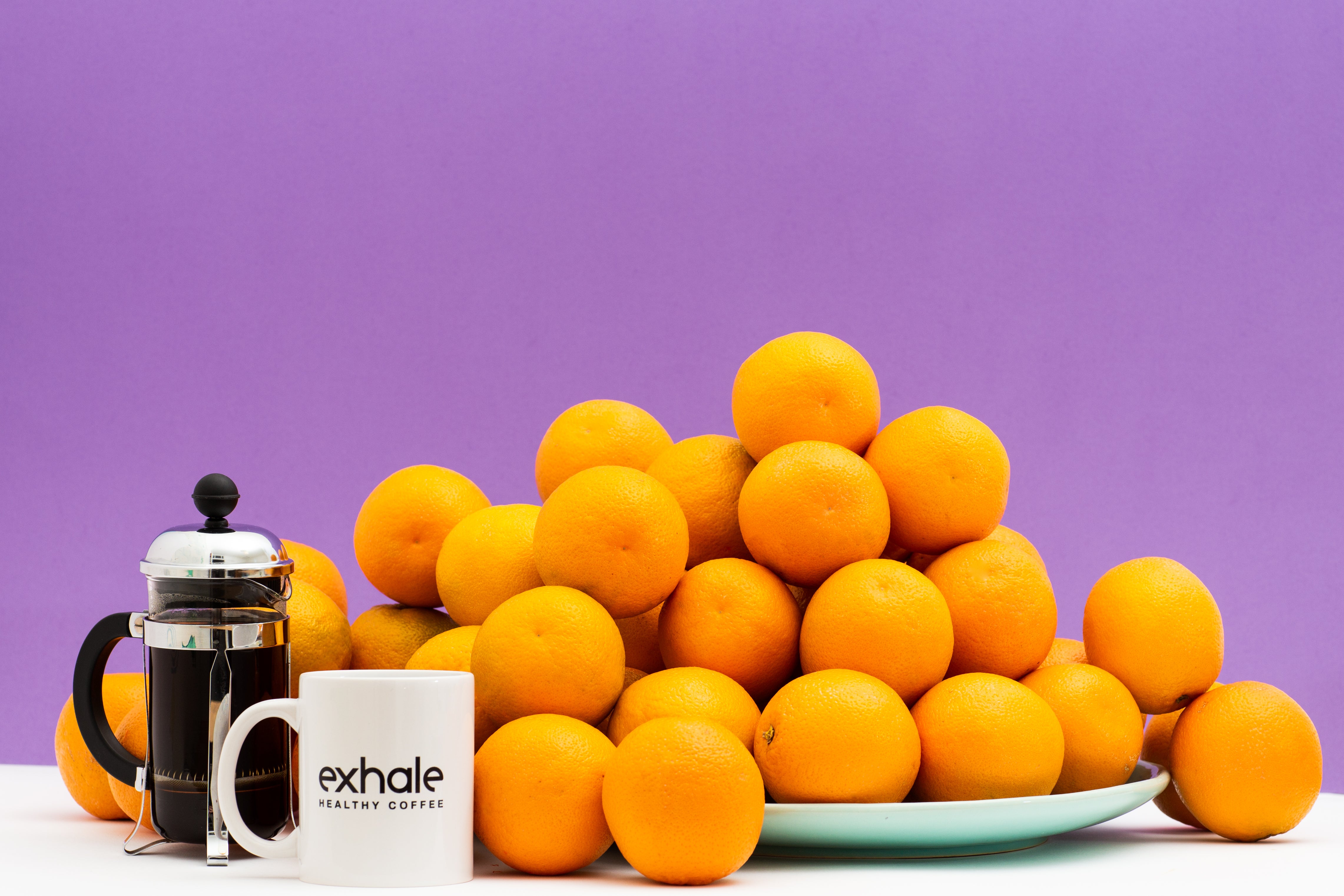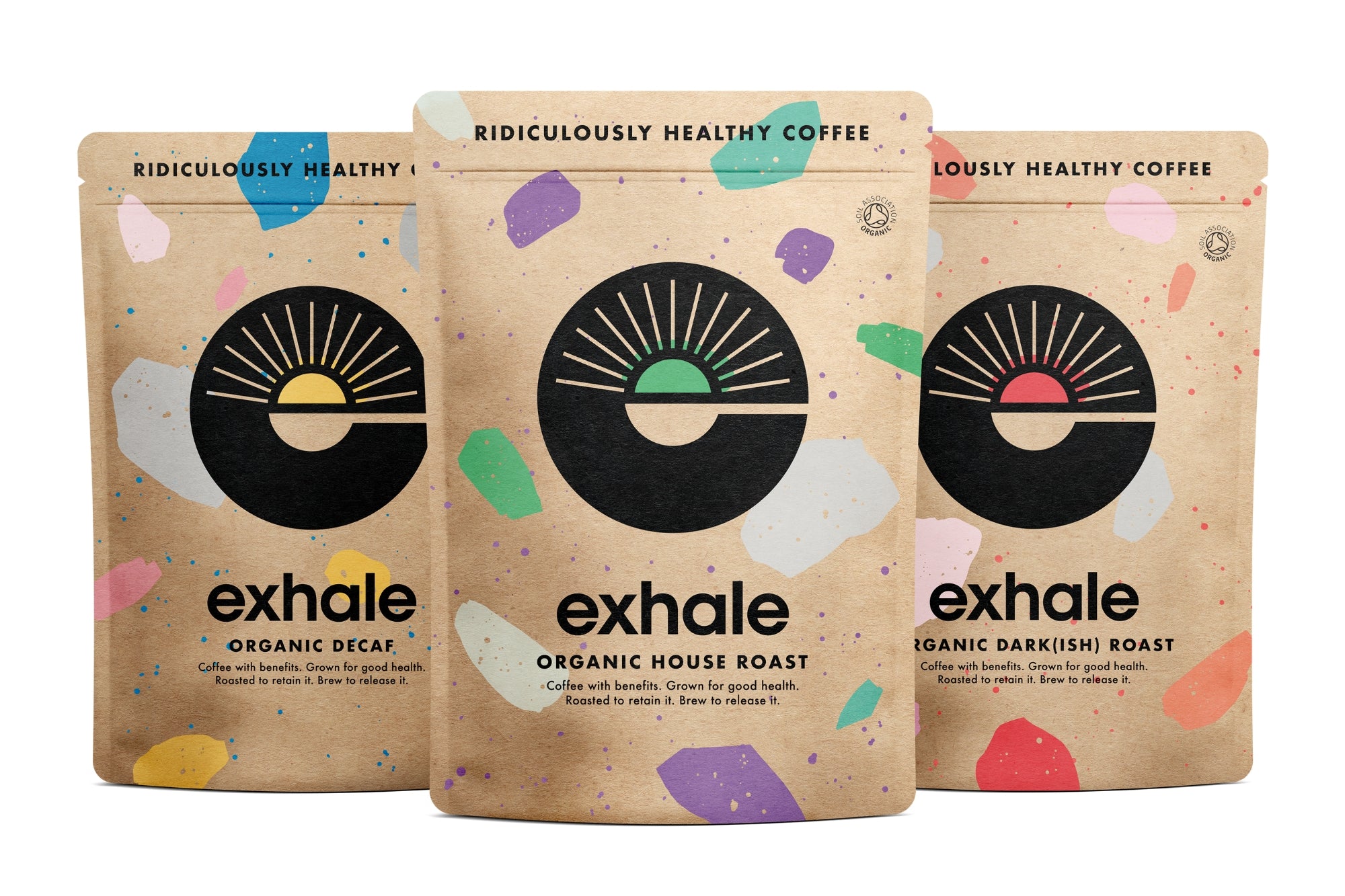Coffee & Happiness
“A cup of coffee shared with friends is happiness tasted and time well spent.”
I, Alex, genuinely get excited about my morning cup of coffee. And I genuinely get sad once I’ve finished drinking my mug of this magical beverage! So yeah, coffee makes me happy.
For me my morning cup of coffee is form of meditation, a spiritual experience. While making my brew I practice gratitude by thinking about all the work that has gone in to getting these magical coffee beans to my home. From the people at the coffee farm, through to the packaging and transport, all the way to our friendly postman.
I highly recommend giving this a go.
For me, coffee is happiness. It is health. We will be sharing the science behind how our coffee may enhance your health and performance but we will also be sharing how the cultural and social elements of consuming coffee may enhance your life.
Coffee after all is a very social thing. Who doesn’t enjoy meeting up with friends and family to enjoy a cup while we catch up and hear about their lives. For others it can be quite grounding (like if you do the exercise above). Human connection is a fundamental necessity hard wired in to our biology. There is actual research showing us that loneliness is inflammatory. And many of us now aware of the science showing us that low-level chronic inflammation can contribute to depression and many other chronic complex conditions.
“You can’t buy happiness but you can buy coffee and that’s pretty close.”
But beside the social and cultural factors that might influence the relationship between coffee and happiness, there are two other main hypotheses which could explain the association between the higher coffee intake and a possible reduction in the risk of depression.
The first is related to inhibition of the adenosine receptor. When you drink coffee, it mimics a neurochemical called Adenosine. This is a chemical that makes us feel sleepy and turns us down when we are tired. When caffeine enters your body, it works with the receptors that detect adenosine and blocks them from performing their regular function.
In other words, when you take coffee, the caffeine interferes with adenosine – the sleep causing chemical – receptors and prevents you from getting sleepy. This is how you stay alert when you take coffee. Okay, what’s next?
When the adenosine receptors are blocked, your body has no other choice but to release its own stimulants – dopamine and glutamate – two chemicals responsible for feeling good.
Thus, your cup of coffee is the best driver to kick start the production of neurotransmitters in your brain.
“In one Harvard study from 2011, people who drank the most coffee had a 20% lower risk of becoming depressed.”
The second hypothesis relates to inflammation and oxidative stress (cellular damage).
An increase in oxidative stress and damage to brain cells has been associated with a range of mental disorders, including depression. Antioxidant compounds (such as “polyphenols”, which are found in high amounts in our coffee) may “mop up” free radicals that damage cells and thus provide a natural way to combat this excessive oxidative stress.
So, coffee with its high concentration of anti-inflammatory polyphenols, such as chlorogenic acid and trigonelline, may protect against low-grade inflammation, which has been discussed extensively as an underlying cause of depression
In fact research has concluded that “coffee and caffeine consumption were significantly associated with decreased risk of depression”.
A less well talked about factor in depression is related to niacin, also known as vitamin B3. Nicacin, among other things acts as a powerful anti-oxidant and improves circulation - two things that are critical for a happy brain.
Anecdotal evidence shows us that niacin can have a profound impact on a subset of people suffering with depression. Why are we excited about this? Because two cups of exhale coffee provides a whopping 17% if our daily niacin requirements. Now this anecdotal evidence admittedly is with much higher doses of niacin in supplemental form but it’s pretty cool to know that, alongside the high levels of polyhenols such as chlorogeic acid, and nutrients such as niacin, exhale coffee is supporting our mental wellbeing in numerous ways!
Our other blogs will take a deeper dive in to the antioxidant, anti-inflammatory and brain supporting benefits of coffee.
Alex
References
Wang et al., (2016) Coffee and caffeine consumption and depression: A meta-analysis of observational studies, Aust N Z J Psychiatry, 50(3):228-42 Hall et al., (2015) A review of the bioactivity of coffee, caffeine and key coffee constituents on inflammatory responses linked to depression, Food Res Int; 76(Pt 3):626-636





1 comment
Maureen
Hi guys, interesting and informative as always.
Take care, thank you
Leave a comment
All comments are moderated before being published.
This site is protected by hCaptcha and the hCaptcha Privacy Policy and Terms of Service apply.